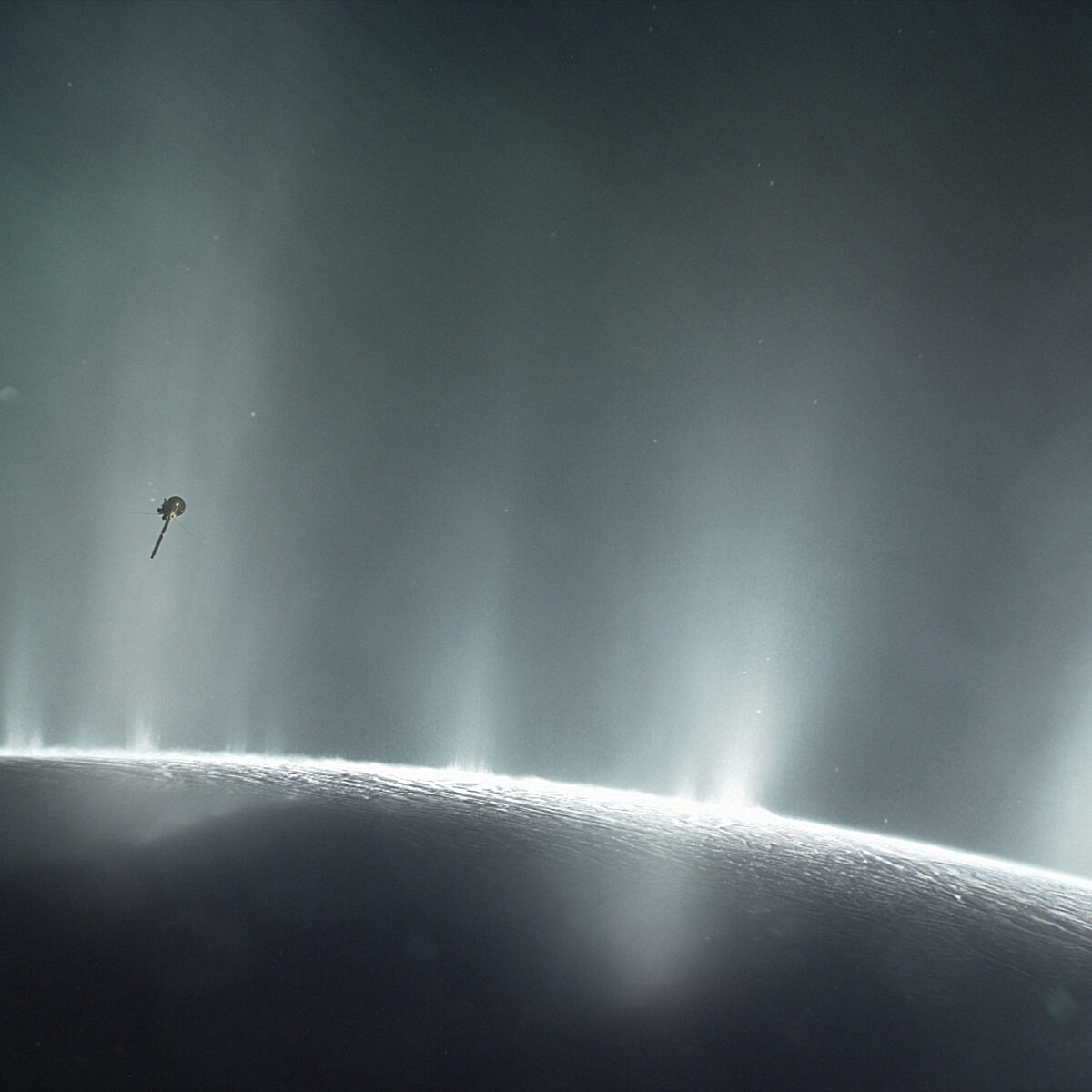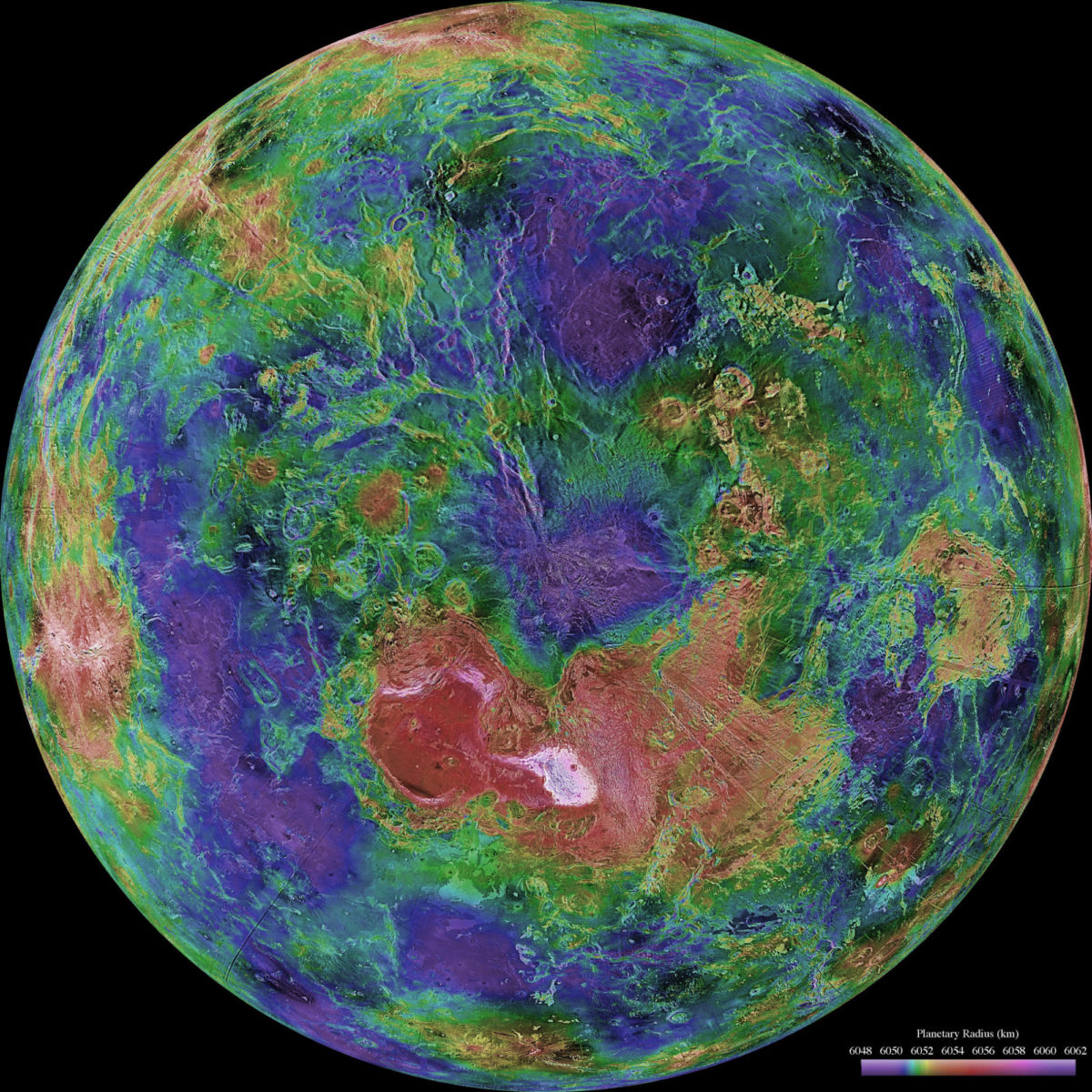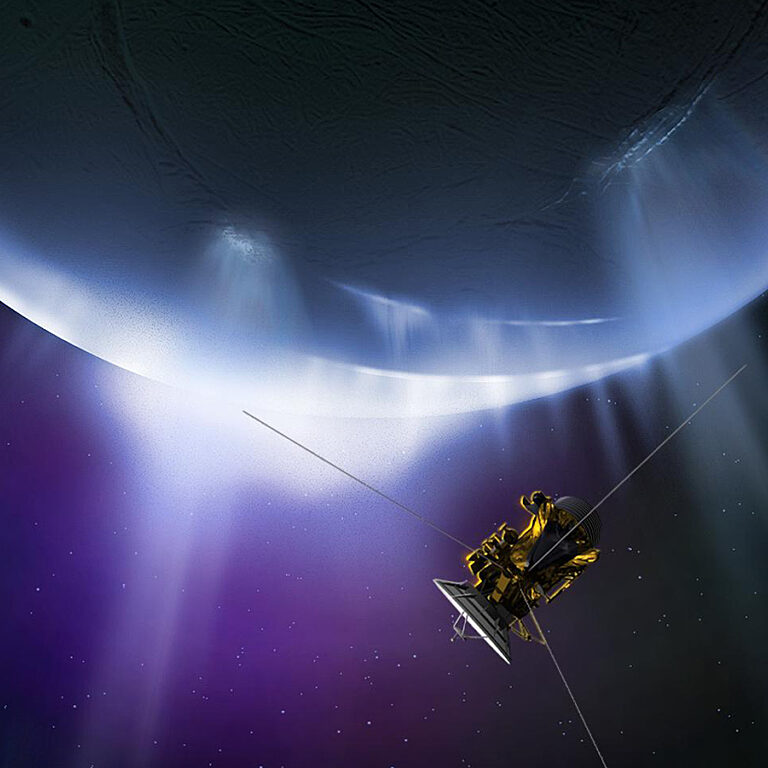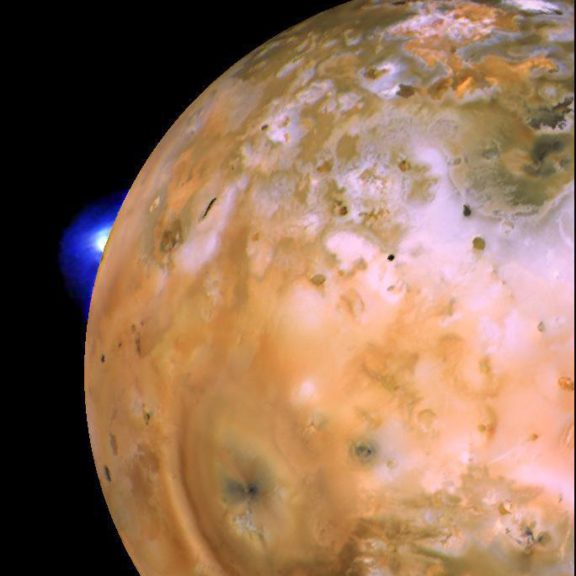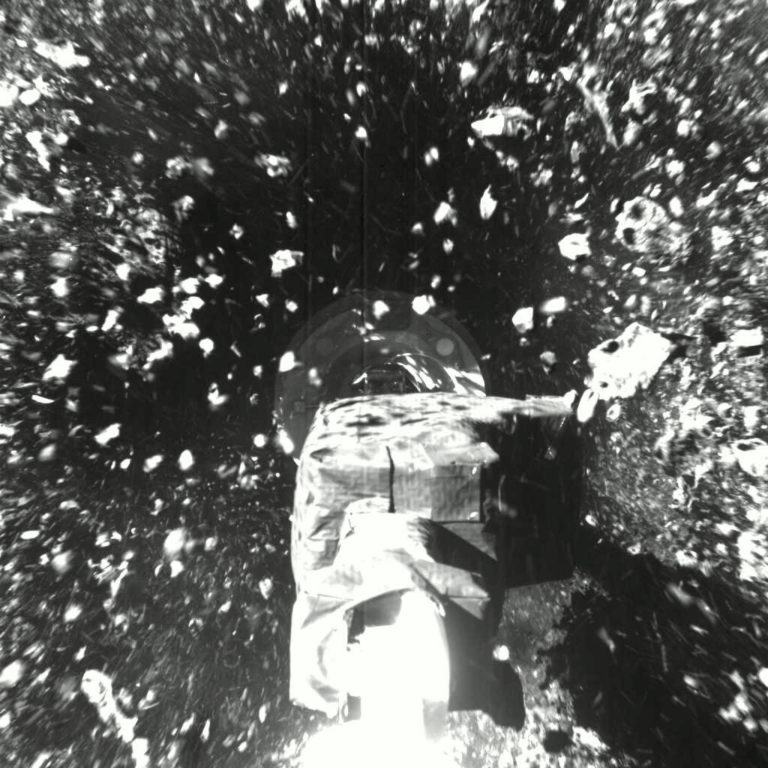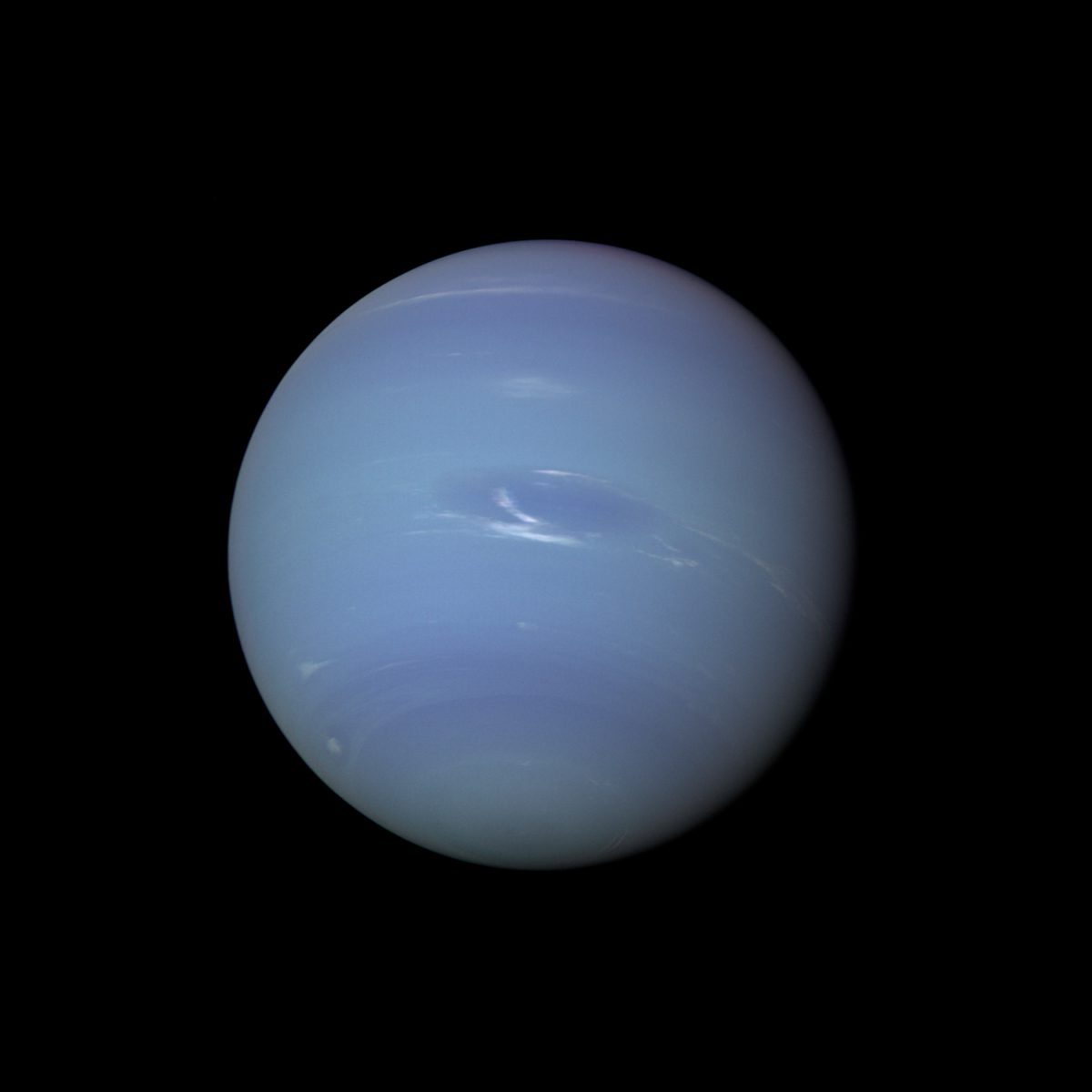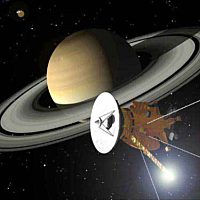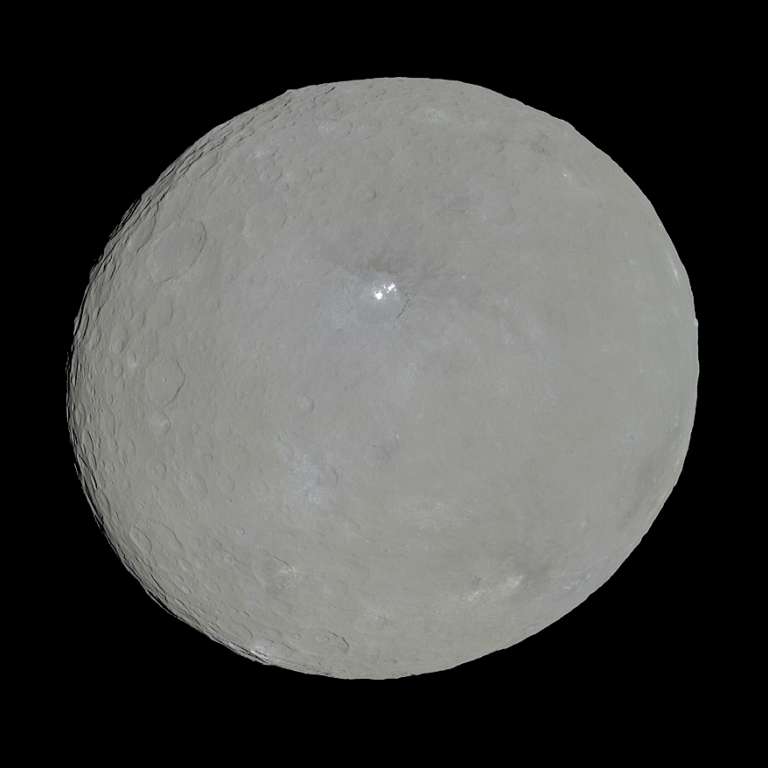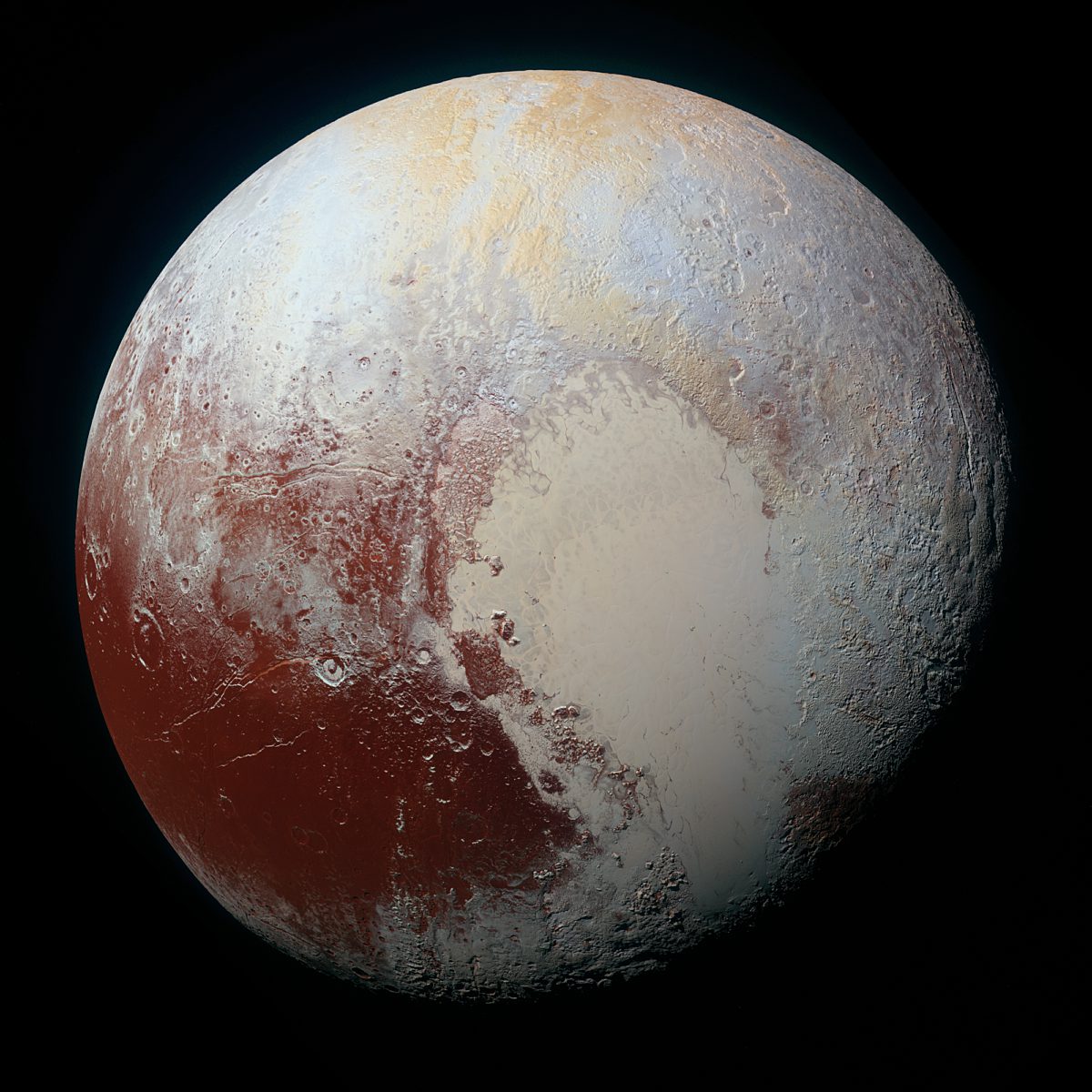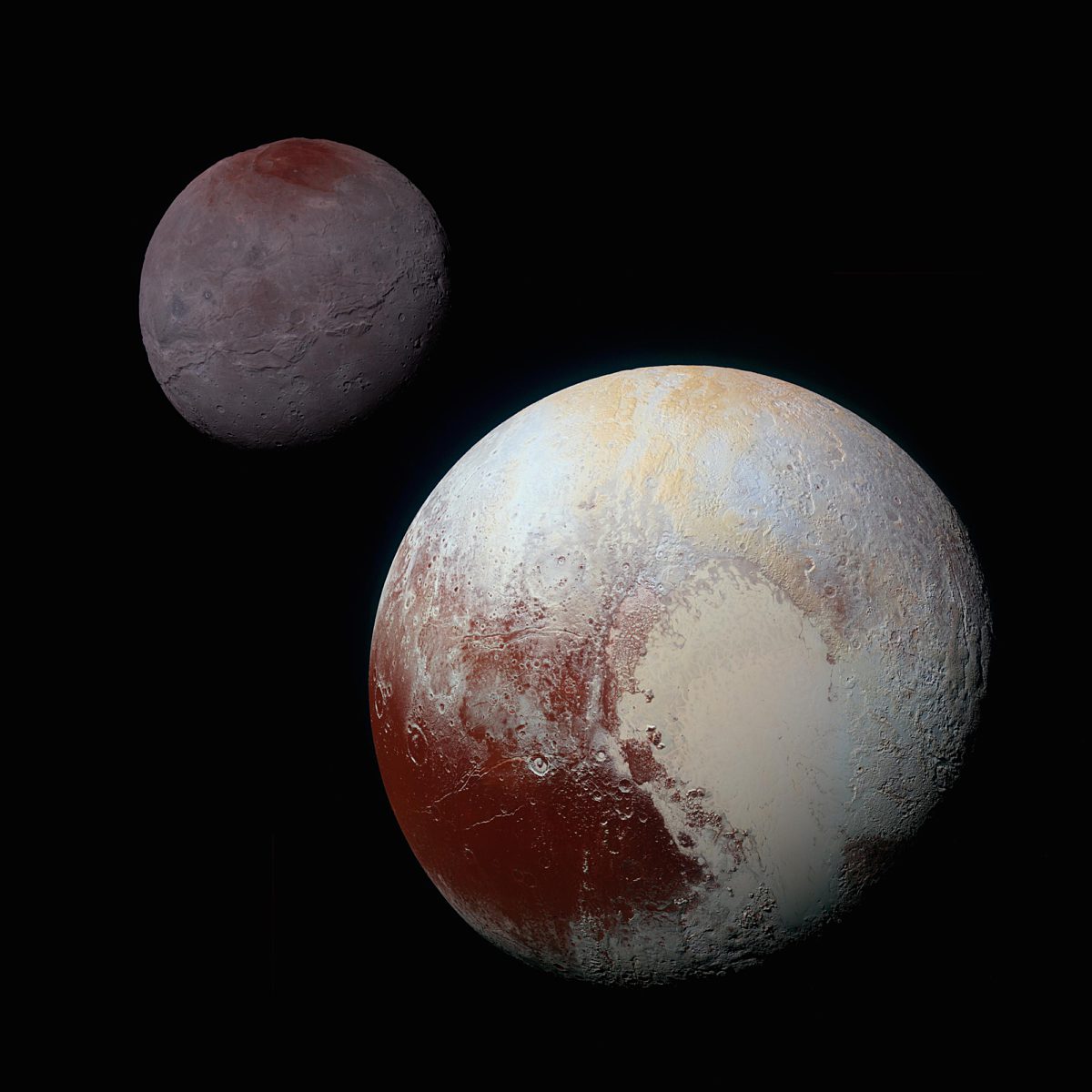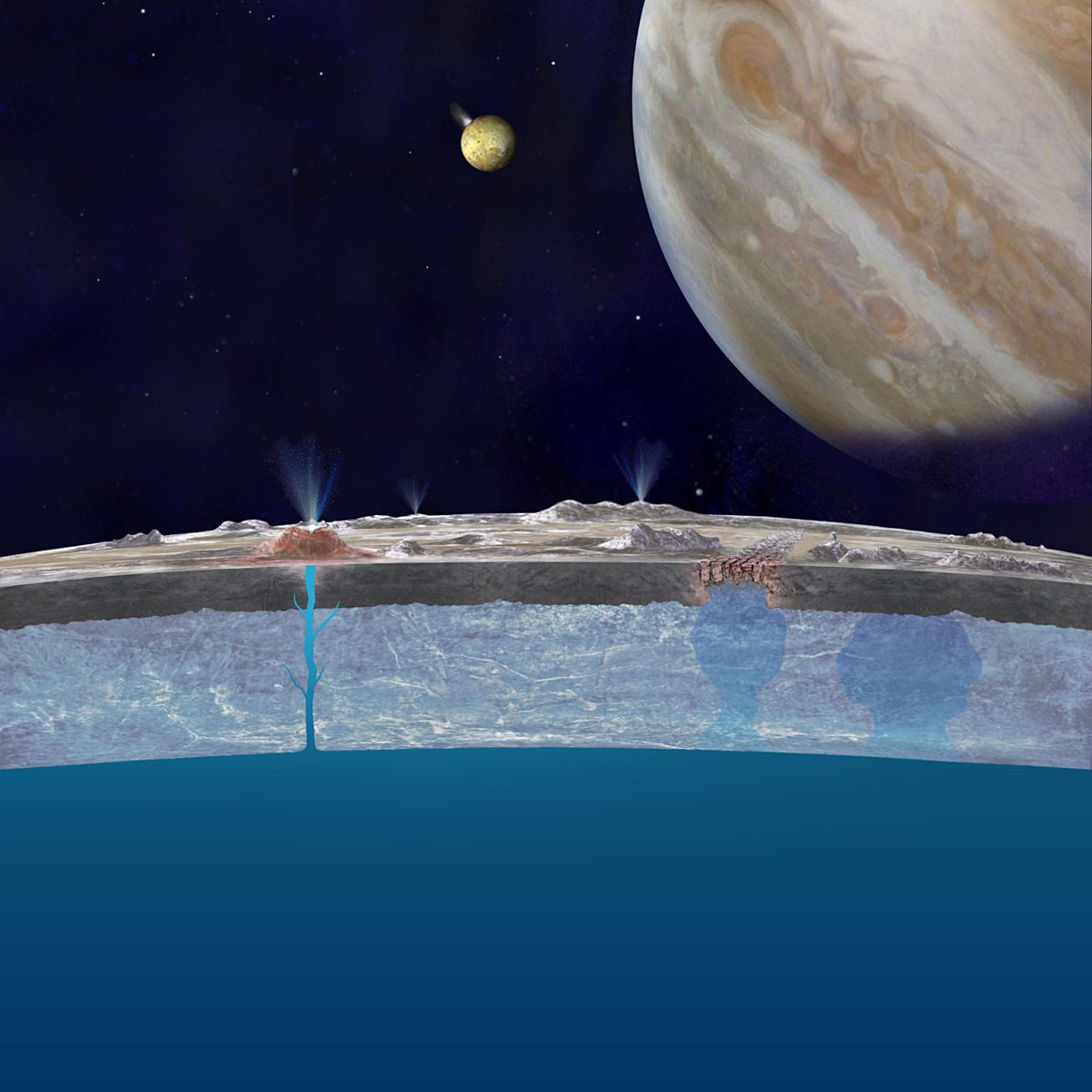Since 2002, Planetary Radio has visited with a scientist, engineer, project manager, advocate, or writer who provides a unique perspective on the quest for knowledge about our Solar System and beyond. The full show archive is available for free.
Search Planetary Radio
We discuss the delightfully unpredictable nature of space discoveries with Chris Lintott, author of the upcoming book Accidental Astronomy.
Chris Glein, a lead scientist at the Southwest Research Institute, joins Planetary Radio to talk about the discovery of phosphorus in the oceans of Saturn’s moon Enceladus and the implications for the search for life.
Chris Glein, a lead scientist at the Southwest Research Institute, joins Planetary Radio to talk about the discovery of phosphorus in the oceans of Saturn’s moon Enceladus and the implications for the search for life.
Britney Schmidt is preparing us for the day when a submarine will slip into the seas of an ocean world like Europa to search for life.
Thousands celebrated the 61st anniversary of the first human voyage into space. We’ll take you to the Los Angeles party under the Space Shuttle Endeavour.
Astrobiologist and author David Grinspoon shares his thoughts about the search for life, where we might find it and how science works.
New research shows that the giant plumes of Saturn’s moon Enceladus may not be coming from the warm ocean deep below the icy surface.
Flying a spacecraft through geysers spewing from Saturn’s moon Enceladus might reveal the building blocks of life or even life itself.
Cassini mission project scientist Linda Spilker returns with new science from ocean moon Enceladus and anniversaries to celebrate with the Voyager mission.
Composer Amanda Lee Falkenberg is joined by Cassini project scientist Linda Spilker and retired astronaut Nicole Stott as she shares excerpts from The Moons Symphony.
The leader of the OSIRIS REx asteroid sample return mission shares more details of last week’s encounter in an exclusive interview, while we also learn about the proposed mission to look for life on Saturn’s moon Enceladus.
A new report builds the case for long overdue returns to Uranus and Neptune, while another proposal calls for exploration of the many bodies in our solar system that hide vast water oceans. Jason Callahan, Casey Dreier and Mat Kaplan dive into the troubled waters that determine which planetary science missions will get the limited funds available.
Veteran Jet Propulsion Lab planetary scientist Bonnie Buratti talks with Mat about the wonder of our solar neighborhood that she explores in
The great Cassini spacecraft has a year to go before it plunges into the ringed planet. Project Scientist Linda Spilker returns with more amazing mission science.
Our live conversation about “Planet 9” and the amazing diversity of our solar system, featuring Konstantin Batygin and Mike Brown of Caltech, Senior Editor Emily Lakdawalla, Bill Nye the Science Guy and Cassini Project Scientist Linda Spilker.
The Dawn Mission Chief Engineer Marc Rayman returns for another report on the ion-engine powered mission, now orbiting 240 miles above dwarf planet Ceres in the Asteroid Belt.
Bruce Betts, Jason Davis, Casey Dreier and Emily Lakdawalla gather with Mat Kaplan for a fascinating and informative Planetary Radio Extra year-in-review roundtable discussion.
Our year-end review features the “best of 2015” lists from Jason Davis, Casey Dreier, Emily Lakdawalla and Bill Nye the Science Guy. What’s Up offers planets, a comet, and a nice prize package for the space trivia contest.
Hal Weaver is a very happy Project Scientist. His New Horizons spacecraft has shocked his fellow researchers with magnificent images and data. He shares the excitement this week.
We return to the beautiful Aquarium of the Pacific in southern California for a fascinating conversation about ocean science. What we learn down here is furthering our research around the solar system. William Patzert, Jerry Schubel and Steven Vance join Mat Kaplan on stage. Emily Lakdawalla tells us what Curiosity, the Mars Science Laboratory rover, has been doing lately. Bruce Betts is keeping his eye on converging Jupiter and Venus.


 Explore Worlds
Explore Worlds Find Life
Find Life Defend Earth
Defend Earth


